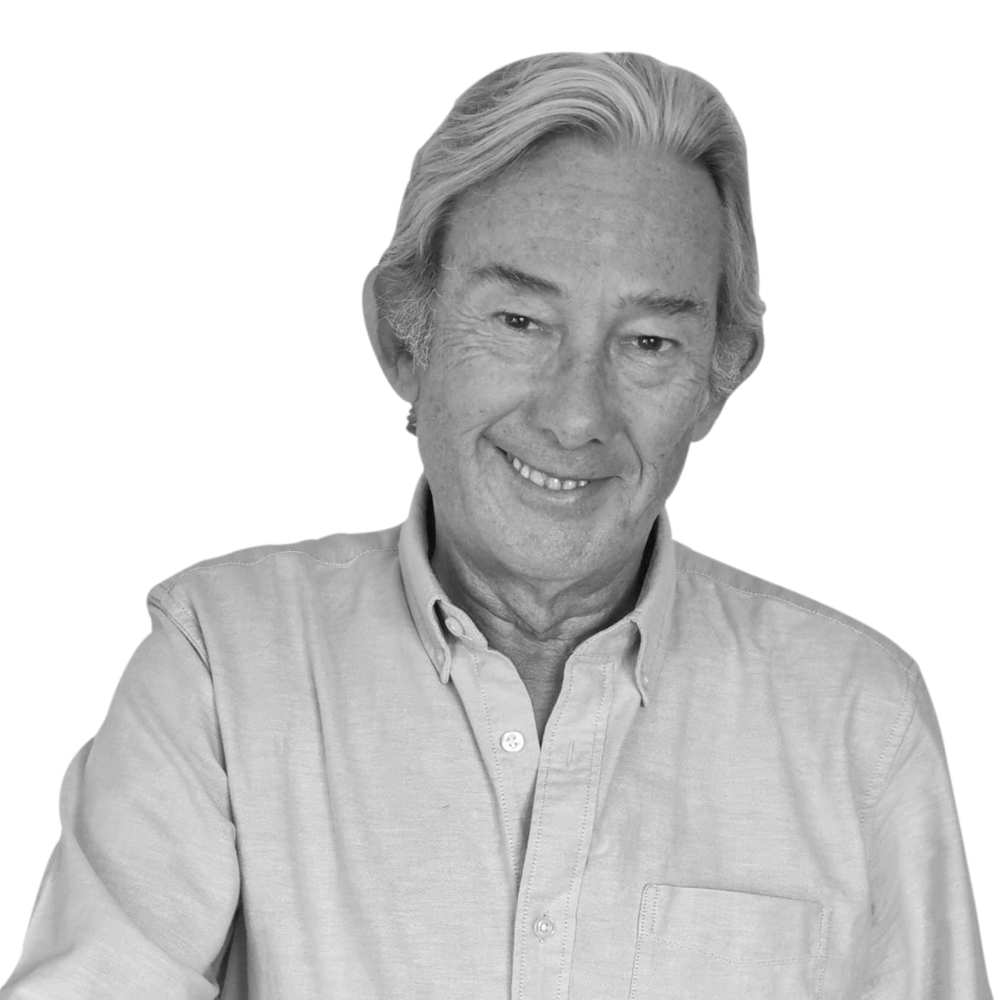Barcelona: when a city makes you and unmakes you

When I was eighteen, I used to get lost on the subway every day. Now, at thirty, I've explored more parts of Barcelona than average. House calls, moonlighting between university classes and recitals at schools, community centers, and libraries made all the difference. As a decision, Barcelona has been one of the best of my life. As a dream, it's been a challenge. A city that shines with promise when you first see it: cosmopolitan and seemingly open. But with an abrupt and bittersweet landing. I'm still landing in many ways, and that says it all.
I come from a town in Valencia, where I was primarily a Spanish speaker; here I found a mostly kind and supportive environment when I showed interest in improving my Catalan. However, the language stumbles more often than it deserves when the soul is exhausted by unexpected blows. One day in class, a university professor mispronounced my name and, in front of ninety people, concluded that I was "very exotic." The only drawback was the degree of publicity of a university as Catalan as Pompeu Fabra—what a thing!
For years, I continued walking through the city hoping that if I touched the ground, I would take root despite the pushes of the masses, who are also trying to do so as there is less bread and housing for everyone. I have adapted to many dynamics, even toxic ones, like living in eleven different homes, in eight different neighborhoods, in thirteen years. Please calculate how many times my primary care physician's name has changed. That's why I find great satisfaction in what I can control, like not running red lights. The pace of pedestrians in the big city is what I will always resist as a daughter of the people.
And with age, I also celebrate open arms and open minds more strongly. As the daughter of migrants, they are necessary allies that open doors that are normally closed to us: working at Barcelona City Hall or appearing on Catalan cultural stages that, little by little, expand and enrich the stories and voices that occupy them. Necessary and important allies so that my voice doesn't tremble when a woman tells me how fortunate I must feel to share the stage with such important names in Catalan literature. Of course, not my name.
In this discontinuous line of leaps and falls that give you and undo you, we continue. This 2025, with my first book originally published in Catalan and Spanish, celebrating the second edition of Migrant mothers in a few months, or that it's available in so many bookstores and libraries around my house. I try to ignore the two or three times it's been classified as foreign literature. Of course, because of my name. Anecdotal, but no less destructive. And we'll continue, swimming peacefully or floating against the current, but aware that we belong in this sea without needing to be validated by all the fish. The life project chronically transferred from one suitcase to another, and as I write these lines, searching for my twelfth "home," reluctantly accepting that it's probably time to leave Barcelona.
Since the passage of time doesn't completely settle my steps, at least I control my pace and walk slowly. So, if you see a stubborn young woman standing at a crosswalk inviting you to jump it because there are no cars threatening her, smile instead of judging her. Perhaps that gesture is what keeps her afloat, not drowning, and loving Barcelona.


